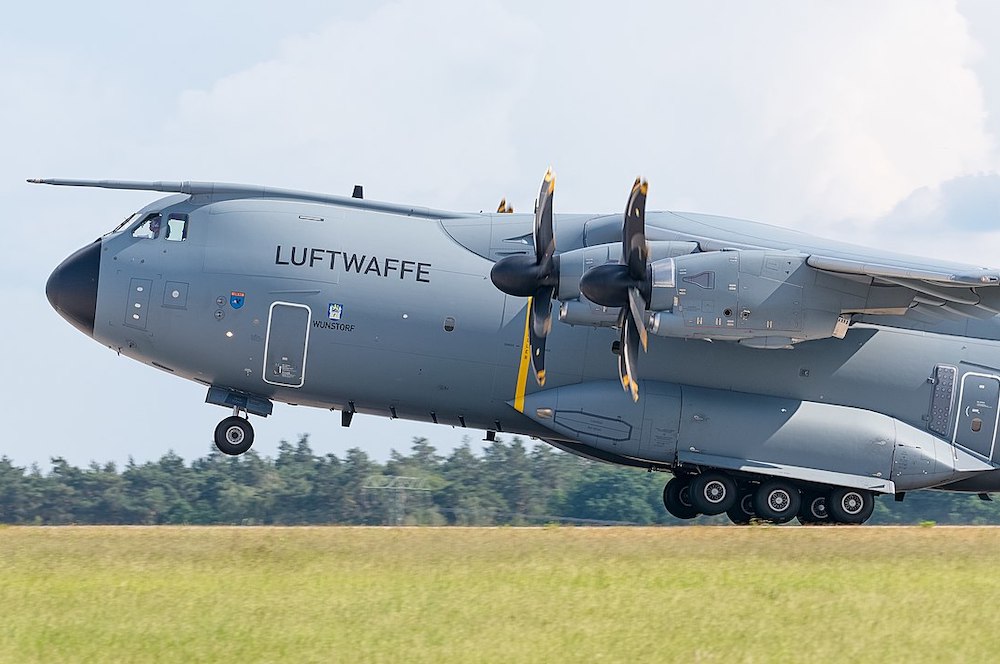Find Luke‘s other articles On Brussels here.
The EU has a very new and very sudden problem: Afghanistan. In less than a fortnight, the Taliban has swept across the perpetually unstable country, taking city after city. On 15 August, the militia reached Kabul. Within hours, the government fell — and the Islamic Emirate of Afghanistan took its place.
The group that gave shelter to the masterminds behind the 9/11 attacks are now firmly back in charge. Images of United 175 slamming into the South Tower of the World Trade Center are again front-and-centre of the world’s collective consciousness. The world is reeling at the breathtaking speed of the Taliban’s takeover.
The EU’s response is more of an individual one, with Germany leading the way on evacuating its citizens and Afghans who assisted German forces and diplomats during the days of the Islamic Republic.
But the fall of the new Afghanistan does present another huge problem for the EU: how to respond to it.
Essentially, the EU has two options. The first is to refuse to recognise the Taliban as the legitimate government and press other players in the West to do the same. This could lead NATO to re-enter Afghanistan, although this is unlikely. The second option is to recognise the Islamic Emirate.
Doing this would likely enrage citizens across the bloc. After two decades present in the country, the sacrifices of Afghans and NATO forces alike would have been in vain. Additionally, the EU would also be engaging with a second country governed by a hardline interpretation of Sharia law, alongside Saudi Arabia. Relations between Brussels and Riyadh are controversial enough as it is without the Taliban being thrown into the mix.
But the ramifications go well beyond internal politics. Russia and China are also tentatively talking with the new Afghani regime. Beijing, in particular, is an important partner for Brussels. China is a superpower with great political sway. Were it to recognise the Taliban as the legitimate government of Afghanistan, it would have the potential to put even more of a wedge between Brussels and Beijing than the removal of democracy in Hong Kong did.
As for Moscow, were it to recognise the Islamic Emirate, it would add another layer to the already complex relations between the two powers.
Beyond the political, there is also a brewing humanitarian crisis. Millions of Afghans are now running for their lives. Many have either crossed into Tajikistan or have taken refuge at Hamid Karzai Airport in hope of evacuation alongside diplomats and foreign nationals.
Tajikistan suffers from extreme levels of poverty and is still recovering from a devastating civil war fought in the 1990s. It can only take in so many Afghans before other nations will have to step in and help the government in Dushanbe.
But it’s the events at Hamid Karzai Airport that have perhaps shaken Brussels the most.
As the Taliban made their way to the Presidential Palace in Kabul, thousands of Afghans fled to the airport. For many, it was their only hope of safety. The US, the largest evacuator from the airport, has refused many help. American troops even shot dead several Afghans at the airport. Images of people clinging onto taxiing American aircraft have shocked the world. But President Biden has taken it further.
He has accused the Afghani people of being unwilling to defend their nation, and has apparently abandoned Afghans who worked with American forces to their fate. That fate will likely be public execution.
When Biden assumed office back in January, many in the EU breathed a sigh of relief. They believed that a more stable pair of hands was back in the White House, a pair of hands with which the world could communicate and could depend upon once again. The last few days have suggested that this is not the case. When Biden spoke on Afghanistan from the comfort of the White House, it was akin to ‘America First’ in a kindlier voice.
Behind closed doors, from Dublin to Nicosia, questions might well be being asked on how reliable a post-Trump America actually is. Questions will almost certainly be asked of how a disaster of this scale was allowed to unfold.
The end result was inevitable. The speed at which it came about was not.
The events of the last few days will shape foreign policy for decades to come. Far from providing closure to the post-9/11 era, the events of that Tuesday morning have been given a whole new legacy — one that could endure for far longer than anyone now realises.

